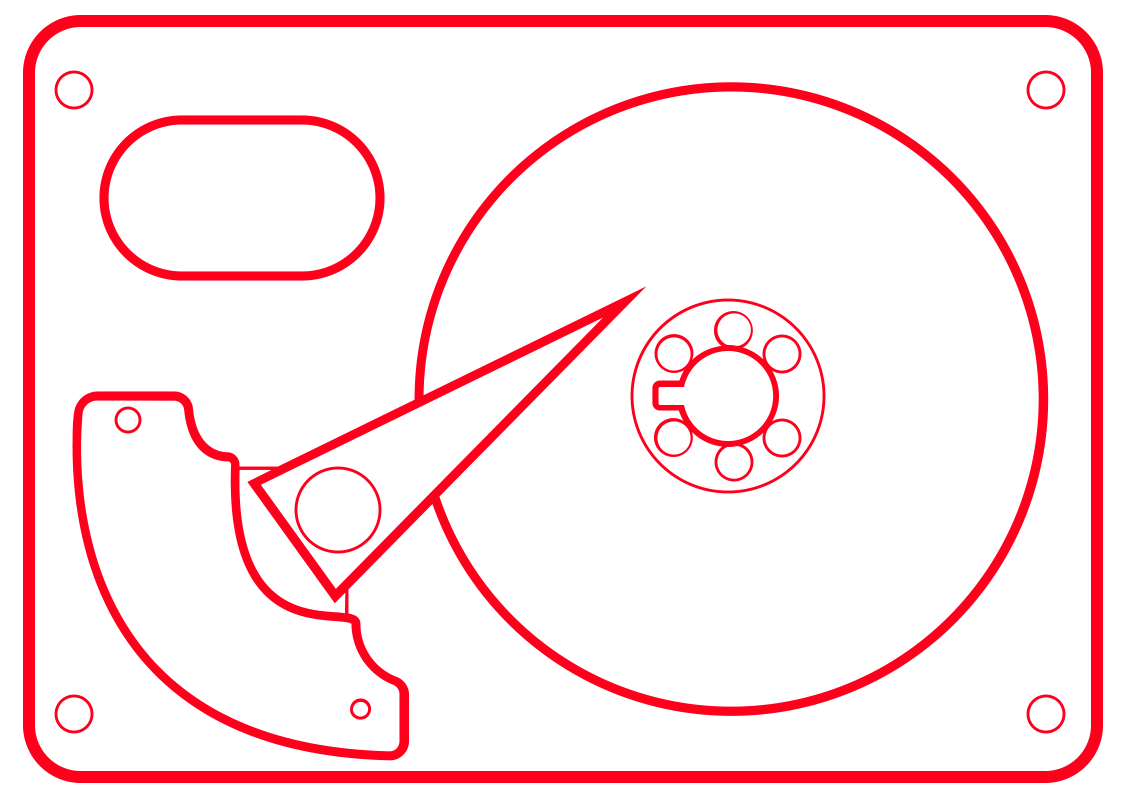Most external hard drives make a soft beeping or seeking noise when they are first connected to a computer. This is normal and indicates that the hard drive is working properly. If the beeping noise continues after the hard drive has been connected for a while, it may be an indication that there is a problem with the hard drive. If you notice the beeping noise, you should check the hard drive for errors.
Is the beeping normal on an external hard drive?
There is no universal answer to this question since all external hard drives are different. However, if your external hard drive is making any noise that is not normal for it, then you should consult the manufacturer or an expert to find out what is causing the noise.
If the beeping seems to happen when the drive is not working properly, then it is likely the sign of an issue! But inside of an external hard drive there are moving parts that will make a small range of sounds. Therefore, hearing a sound coming from a hard drive doesn’t always point to a problem. A hard drive creates a softer sound in general. But if the noise is more of a beeping sound or clicking sound, it is usually a bad sign.
When the heads inside a hard drive do not move as they are supposed to, the hard drive usually makes a beeping sound. So it’s not a normal sign when unusual noises – except for humming – are coming from your hard drive.
Why does the external hard drive beep?
There could be a few reasons why your external hard drive is beeping. One reason could be that the drive is not receiving enough power. Make sure that the external hard drive is properly plugged into an outlet and/or your computer. Another reason the drive might be beeping is that the motor is not able to spin the platters.
Seagate external hard drive beep error mainly occurs on small Seagate external hard drives. The motor used in the drive is not very powerful as it is powered by a USB cable. The beeping sound occurs when the head is stuck on the platter, so the motor cannot rotate. Heads can become stuck on the disk randomly, or after a drop or fall.
Is the hard disk beeping dangerous?
If your computer hard drive heads are stuck on the platters and causing the beeping sound, it is likely due to a head crash. A head crash is when the hard drive heads come in contact with the spinning platters, causing them to get stuck. This can happen if the hard drive is dropped or jarred, if it is not properly handled, or if there is a manufacturing defect.
Since the beep usually occurs because the motor can not spin, the hard drive will not be able to read or write data. Therefore, you will not be able to find the data stored on the drive. If the platters do start to spin but the head is still touching the surface of the platter, that can be causing scratching. If the platters become scratched, the data could be lost forever.
If your hard drive heads are stuck on the platters, you will need to have a professional repair it. This is not a do-it-yourself repair. The hard drive will need to be disassembled and the heads will need to be replaced. If you have a head crash, it is important to not try to power up the hard drive or do anything that would cause the heads to move. This can cause further damage to the drive and make it impossible to recover your data.
Beeps are themselves not harmful, but if you do not stop trying to use the drive and try to start the hard drive, the heads could start to damage the platters where the data is stored. Handling a broken hard disk in the wrong way is not only risking data loss but also could be narrowed the ability to successfully recover data by a professional data recovery lab.
What should you do?
The beeping sound from the hard drive is alarming. However, the data will likely be able to be recovered if the recovery steps are followed correctly. If you are not a trained data recovery technician, do not attempt to repair the drive and recover the data. We recommend that you consult a professional data recovery company immediately. They can determine the exact cause of problems and apply appropriate troubleshooting.
Some youtube videos and websites will recommend bumping your hard drive to get the heads to come loose from the platters… this is considered a seriously bad idea because the chance of scratching the platters by utilizing this method is very high.
